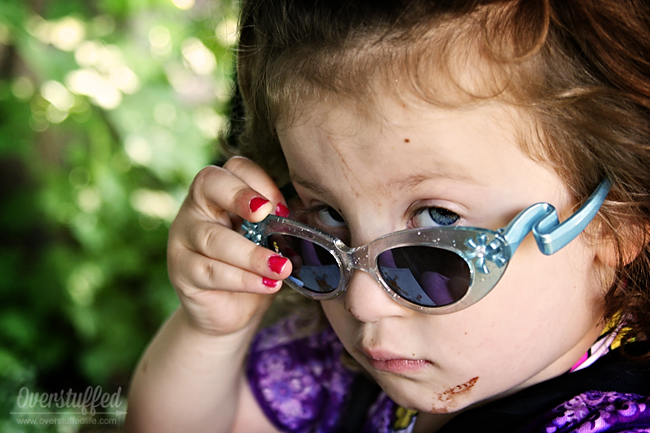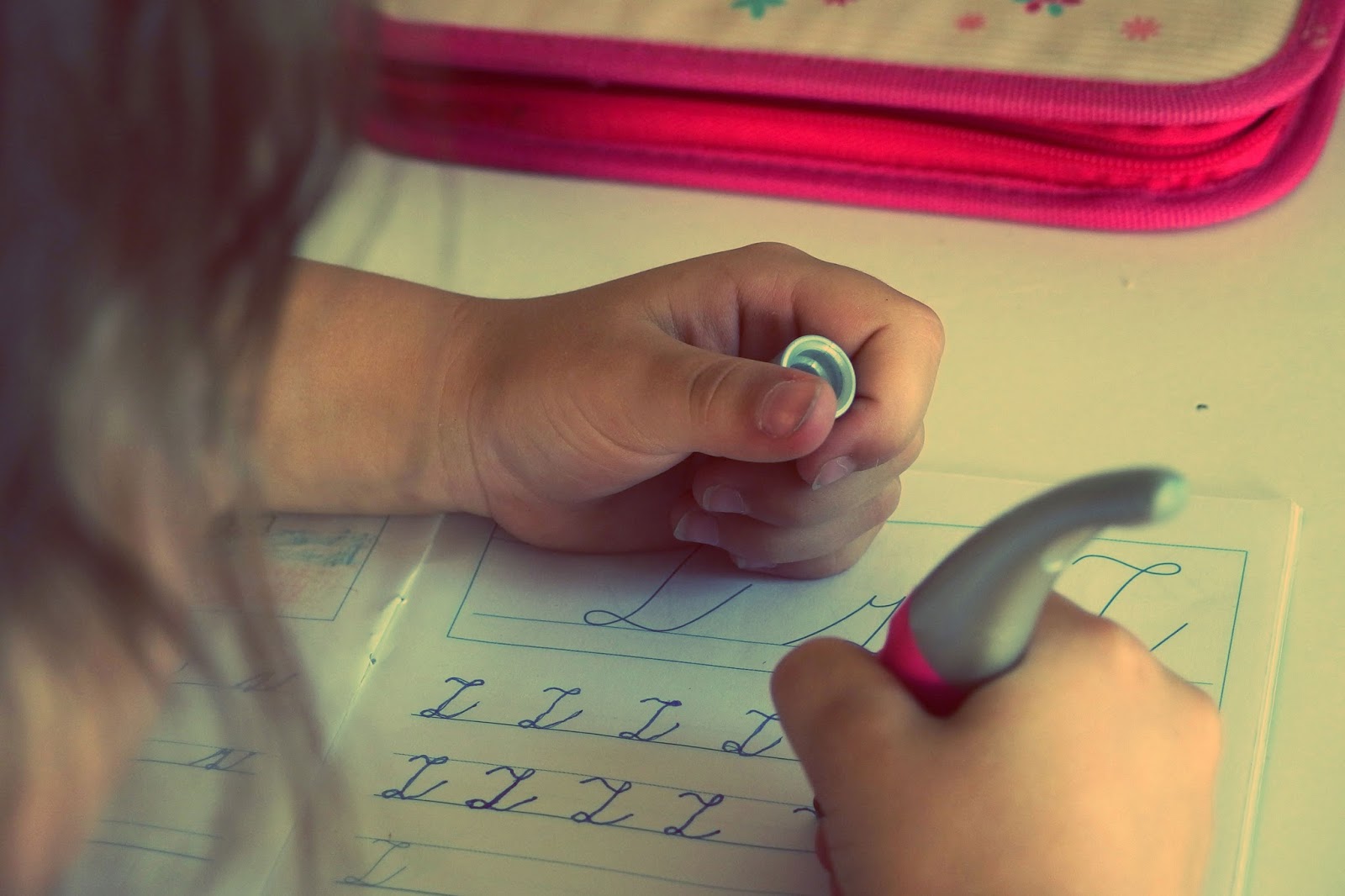What Your Introverted Child Needs From You
Do you have an introverted child who struggles when meeting new people or with social interaction in general? Sometimes parents aren’t sure how to best support their introverted children, especially if they are not introverted themselves.

What is the difference between extroverts and introverts?
An extrovert is someone who seeks stimulation outside themselves, preferring to be with others to feel energized. Extroverts typically have lots of friends and enjoy social events. On the other hand, an introvert is someone who focuses inward, preferring to have plenty of alone time in order to recharge. Introverts prefer to have a few close friends and may be perceived as having social anxiety because they don’t like spending time with large groups of people
With so many extroverts in the world, introverts often have a tough time finding people who understand them. This is especially true for kids. Because extroverts have qualities that are valued more than introverts, extroverted kids are more expressive and “seen.” This makes them receive more positive reinforcement from those around them. Introverted children, on the other hand, may feel out of place or misunderstood especially in their early formative years.
If you have an introverted child, you are probably wondering exactly what you can do to help them feel loved, understood, and like they belong in an extroverted world. It’s not easy to balance your child’s needs as an introvert while also teaching them the social skills to function in society. Aside from being present and showing up for your kid, here is what your introverted child needs from you.
Your child needs you to understand introversion
As a parent to an introverted child, it is vital to understand what it means to be an introvert. This is the key to learning how to parent your little one. When you have a good idea of what the common traits of introverts are, it becomes clear that your child’s behavior or actions are normal and nothing to worry about.
An introverted child may want a lot of alone time in her room with the door closed. Perhaps she is not an open book or does not share her feelings easily. To extroverted parents, these traits may be somewhat alarming.
Extroverted children who spend time alone or won’t talk about their feelings may be experiencing emotional distress or perhaps dealing with issues such as depression or bullying. While it is true that this need for solo time or lack of expression can also be a sign of depression for introverts, it is more often simply introverted behavior. When in doubt, look at changes in behavior patterns. If your child was expressive and outgoing before suddenly becoming silent and withdrawn, there might be a bigger issue at play. That said, many parents, particularly extroverted ones, become concerned about their children’s emotional well-being when they start noticing their child having trouble in social situations or acting “shy.” Parents need to understand that being an introvert is not something that kids will grow out of or change about themselves—it is something that is part of your child’s personality.
Introverted children simply have different needs than their extroverted peers. This is why it is so important for parents to understand what it really means to be an introvert. When you have a clear picture of your introverted child’s social behavior, interaction, emotions, and verbal expression, you will have a better sense of who she is and how to become a better parent to her.
Qualities of introverted children
- Introverted children are good listeners
- They seek solitude and quiet space to reenergize
- They communicate best during one-on-one time
- They may prefer not to share their emotions or feelings
- They have high self-awareness
- They may need some time to think about questions before answering
- They learn best through observation
- They may be quiet when placed in a large social gathering or in new situations
- They concentrate deeply on tasks
- They may prefer to watch an activity or game first before joining
- Introverted children value inner reflection
- They are thoughtful and careful when selecting activities
How to best help your introverted child feel more comfortable
Do not exceed their threshold for outside stimulation
Since introverted children are sensitive to crowds and people, it is very important not to push them too hard. Allow them some time to process their experiences before moving on to the next one. Observe your child’s body language during group activities and other social situations and help them to escape if you see that their social battery has been drained.
Challenge them to enhance their imagination
You can do this in a lot of different ways. For example, you can suggest they read a good book that they are not familiar with. In your conversations, ask them “what else?” often to get them to open up. Play creative word games or puzzles together, and instead of buying a new game, you can have them make one and play it together. You can also become pen pals and write little letters to each other. All these are great ways to get those creative juices flowing as you bond with your introverted child.
Provide opportunities for creative expression throughout the day.
This is a simple way to reach them while also encouraging and building on their area of natural strength. Introverted children are innovative. Exposing them to art, music, science, literature, or various physical activities can be very positive for them.
Other things you can do for your introverted child
- Allow her to have her private space, especially if she has her own bedroom.
- Let her participate in solitary activities when she is feeling overstimulated. Do not force her to interact with family members or guests unless she feels ready.
- If you are in a loud household, allocate some quiet time in her day to help her recharge
- Talk about your own personality needs with her. If you are an extrovert, talk about what this means and the differences between you. Make sure to discuss how each personality is unique and the positive attributes of each
- Be patient and understanding, especially when your child does not make the best choices
- Encourage her to get involved in activities with the rest of the family. For example, you can clean with kids in fun and exciting ways.
- Talk to them about the things that make them unique and why that’s OK. For example, introverts have more intimate connections and fewer friends. They may also enjoy being in smaller social groups than others. Reassure her that it is absolutely OK to be introverted, and help her to trust that she knows her own needs.
- Encourage her to explore beyond her comfort zone every once in a while. For example, you can encourage her to engage with one new person in a social setting, or teach her how to manage her feelings when she is in a crowd.
- Assist her to recognize when she needs a break. You can do this by teaching her what words to use to excuse herself from a group, how to find a quiet spot in a busy mall, and so on.
- Slow down. Introverted children cannot think clearly or express themselves well unless they feel they are in a safe, pressure-free space. Be patient and live life at a relaxed pace. Doing this will allow your child to open up to you. You will be surprised at the kind of perspectives and insights she will share with you when she feels safe.
You play an important role in helping your introverted child embrace her inner self. Since introverts energize by being with themselves, your child needs time to process her
experiences and feelings before she can talk about what she is thinking. There is nothing wrong with this, and it is impossible to change your child from an introvert to an extrovert. This only means that you have to reach deeper to discover her hidden gifts.
Understanding your children is one of the most important things you can do for them. They say solitude is the secret ingredient for innovation. There is a reason why so many creative people in various niches are introverts. With the tips and tricks outlined above, who knows, you might be raising an innovator of tomorrow with the power to change the world!





Great article, but not sure why it keeps referring to the child as “she” and “her”… It may appear there are more introverted girls than boys but don’t be mislead… Boys just need to cover it up more often to survive or not to be considered weak or simply try to redo their personality to a appear extroverted… But there’s plenty of them around.
Only because I have all daughters, so when I write an article I am usually referring to them. 🙂 Of course there are introverted boys out there, and these tips will work just as well for them, I am sure!